The alcobev sector flourished in 2024, balancing growth with challenges. Premiumisation, innovation, and sustainability stood out as key drivers of success and future opportunities.
India’s alcobev industry has grown to become one of the fastest-developing sectors in the country, showcasing its transformation from tradition to modernity. Over the past few decades, this sector has emerged as a dynamic force, fuelled by changing consumer preferences, increased disposable incomes, and a rising affinity for premium and artisanal beverages.
Per capita alcohol consumption in India has risen significantly, growing from 1.3 litres in 2005 to approximately 3.1 litres in 2022, reflecting the country’s evolving consumer base and expanding market. In 2024, the alcobev sector reached a valuation of $55 billion, driven by a compound annual growth rate (CAGR) of more than 6%. Analysts project that by 2025, the sector will see further growth, with an expected CAGR of 8-10%.
This growth trajectory has been supported by increased urbanisation, a young population eager to explore global trends, and a shift toward mindful indulgence. However, the industry faced its share of challenges, including escalating production costs, supply chain inefficiencies, and regulatory complexities. To better understand the highs and lows of 2024, key industry players provided their perspectives on consumer trends, innovations, and the future outlook.
Consumer Preferences Shape the Market
The year was largely defined by the shift in consumer preferences, with buyers driving the industry toward greater innovation and authenticity. Modern consumers demand products that resonate with their values and provide unique experiences, prompting brands to innovate across production, marketing, and packaging.

Vikram Damodaran, Chief Innovation Officer at Diageo India, attributed much of the year’s success to this change. “Today’s consumers are looking for more than just a drink; they seek experiences rooted in quality, authenticity, and sustainability. We have embraced this change by leveraging our heritage, incorporating locally sourced ingredients, and celebrating artisanal techniques. This approach has not only strengthened our connection with audiences, but has also earned us over 70 national and international awards,” he explained.

Proost’s Co-Founder and CEO, Tarun Bhargava, shared how their brand remained focussed on balancing quality with environmental responsibility. “While trends like IPAs and craft beers dominated the market, we stayed true to our core identity, producing beer with consistently unique flavours. Consumers appreciate our mature, well-crafted beers free of off-notes. Also, we’ve adopted practices such as reusable packaging to align with the expectations of eco-conscious buyers,” he said.
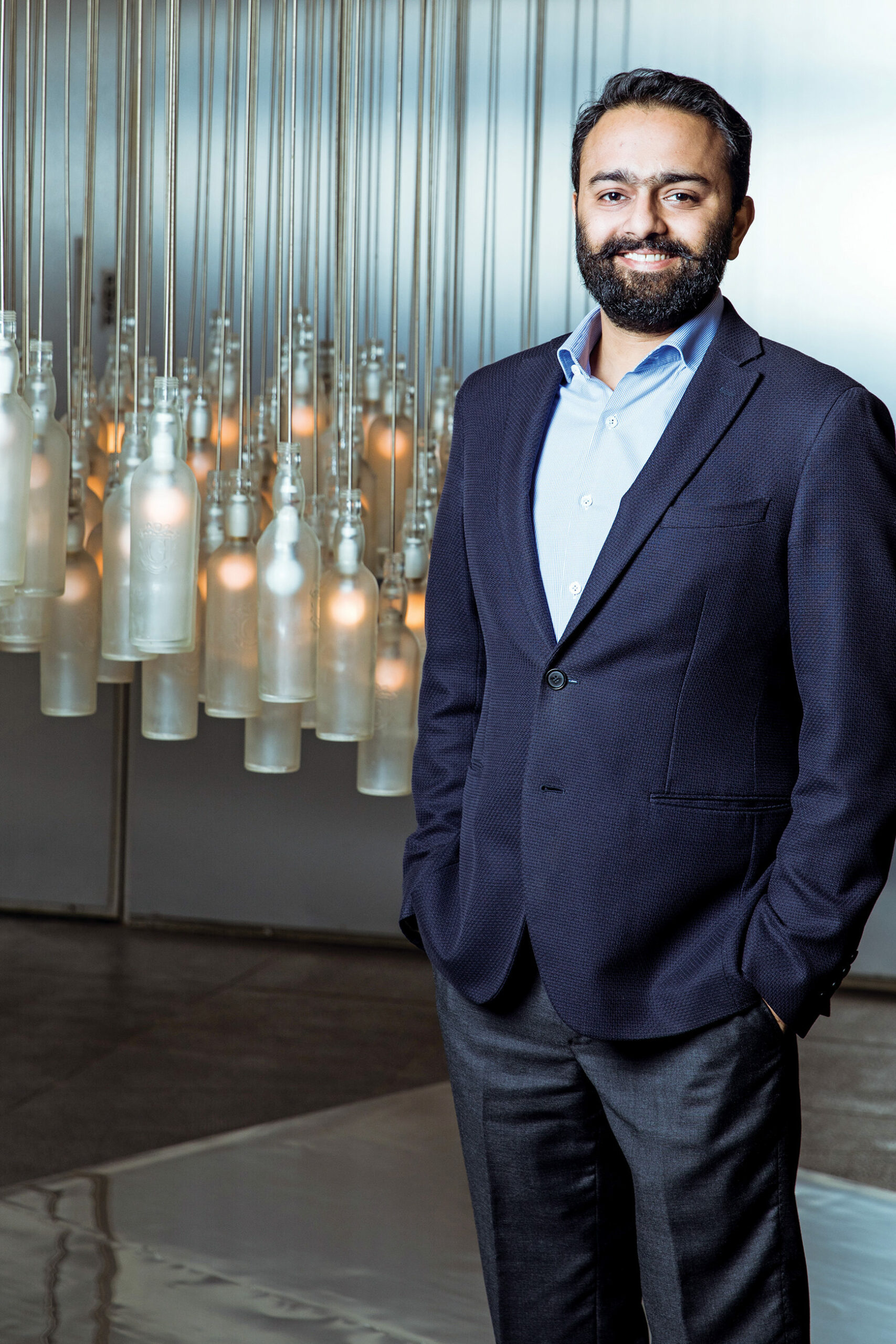
Shekhar Swarup, Joint Managing Director at Globus Spirits Limited, stressed that sustainability and authenticity extend beyond production. “We’ve implemented advanced water management systems and effluent treatment technologies to significantly reduce our environmental impact. Each bottle tells a story of authenticity, showcasing top-quality ingredients, time-honoured distillation methods, and artisanal techniques. This ensures that sustainability and authenticity are central to both our products and operations,” Swarup shared.
Premiumisation Gains Momentum
The move toward premium offerings was another defining trend of 2024, with younger consumers showing an increased preference for high-quality, craft, and luxury beverages. This trend highlights a growing demand for exclusivity, innovation, and elevated drinking experiences.

Rupi Chinoy, Director of South Seas Distilleries, spoke about the success of their Crazy Cock Single Malt. “Crazy Cock is a journey. The name reflects the founder’s bold vision, resilience, and passion for creating something extraordinary. Our mascot, the cock, symbolises a new dawn for South Seas Distilleries and the Indian single malt category. This spirit represents decades of dedication and meticulous craftsmanship,” Chinoy explained.
Adding to their accomplishments, Rupi highlighted the launch of Six Brothers Mahura (Mahua), a unique spirit firmly rooted in Indian heritage. “Our Six Brothers Mahura, crafted from 100% Mahura flowers native exclusively to India, revives a legacy long overshadowed during colonial times. As the country’s first commercial distillers of Mahura, we see it as our mission to bring this category to global prominence. Mahura has the potential to become India’s ambassador on the international stage, standing shoulder to shoulder with spirits like Tequila from Mexico and Cognac from France,” she shared.
What distinguishes Six Brothers Mahura is its unparalleled authenticity. “This is a spirit no other country can replicate. Distilled in the same copper pot stills as Crazy Cock Single Malt and platinum-filtered for an exceptionally smooth finish, Mahura is versatile…ideal for sipping neat, on ice, or as a cocktail base. Its reception in the bar scene has been phenomenal, with establishments like Bandra Born hosting the world’s first dedicated Mahura bar, exclusively serving Six Brothers cocktails that have quickly become a sensation,” Chinoy elaborated.
Globus Spirits took advantage of the premiumisation wave by introducing DŌAAB India Craft Whisky. The first edition, Six Blind Men and the Elephant, was designed to appeal to discerning drinkers who value creativity and tradition. This product showcased the growing appetite for unique offerings that bridge the gap between heritage and modernity.
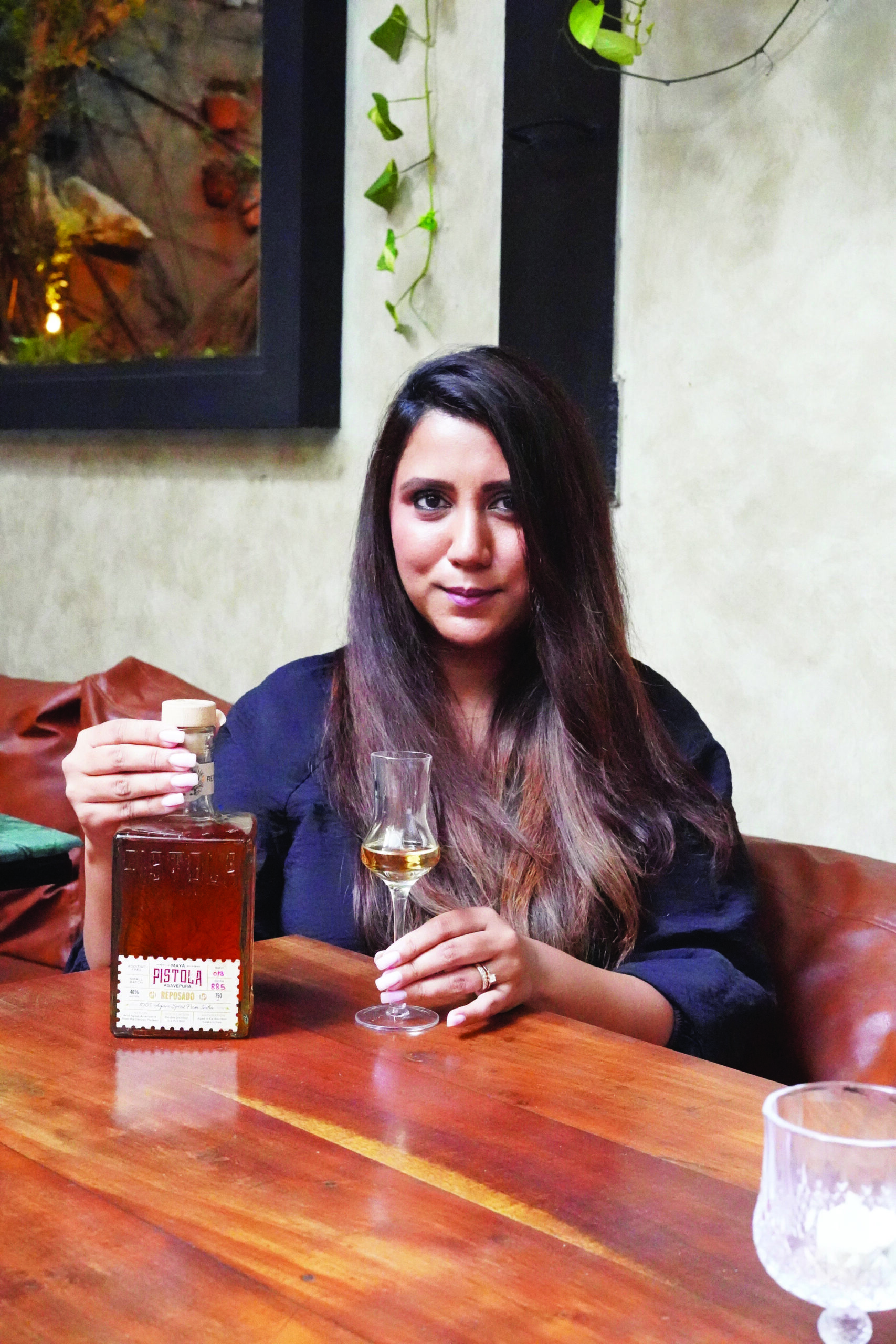
The agave-based spirits segment also gained traction in 2024, with many referring to it as the “Year of Agave”. Kimberly Pereira, Chief Operating Officer of Maya Pistola Agavepura, highlighted the category’s growth. “Agavepura is a 100% pure agave spirit that stands apart from tequila and mezcal. It reflects our homegrown roots while appealing to the global palate. As cocktail culture evolves and celebrity endorsements grow, agave-based menus are becoming more prominent in bars across India. We are proud to lead this movement, fostering greater appreciation for authentic, well-distilled agave spirits,” Pereira said.

SLAB Ventures tapped into the premium spirits market with a lineup that has garnered global recognition. Co-Founder Leti Blagoeva detailed their offerings, saying, “Our Single Estate Vodka is made in Poland, the birthplace of vodka, exclusively from winter wheat and filtered through rare black pearls, ensuring unparalleled smoothness. Meanwhile, our whiskies, INCEPTION and VORTEX, are crafted in Scotland and have received gold medals at several prestigious international competitions. D’YAVOL INCEPTION was even named the ‘Best Overall Scotch’ at the New York World Spirits Competition.
“Looking ahead, we are excited about expanding our range of spirits. In 2025, we plan to launch an Anejo Tequila crafted in Jalisco, Mexico, in keeping with our commitment to authenticity. Moreover, we are broadening our global reach; D’YAVOL will soon be available in the UK and the US. For us, it’s still the beginning, and there’s much more to come from the brand in the coming years,” Blagoeva commented.
The Experiential Turn
The year 2024 also marked the rise of experiential marketing, as brands sought to create deeper connections with consumers by offering immersive experiences. These efforts went beyond traditional marketing, emphasising storytelling, creativity, and meaningful engagement.
Swarup enlightened how Globus Spirits leveraged this trend. “With Six Blind Men and the Elephant, we offered an experiential journey. This limited-edition release allowed us to involve with consumers who value exclusivity and creativity, encouraging a stronger bond with our audience,” he said.
Similarly, SLAB Ventures leaned into experiential marketing through its D’YAVOL AfterDark platform. Blagoeva described the initiative, saying, “Consumers today look for more than good products; they want to engage with the brand’s story. D’YAVOL AfterDark combines exclusive artists, signature cocktails, and a vibrant nightlife atmosphere. This initiative has reverberated not only in India, but also in international markets like the UAE and Australia.”
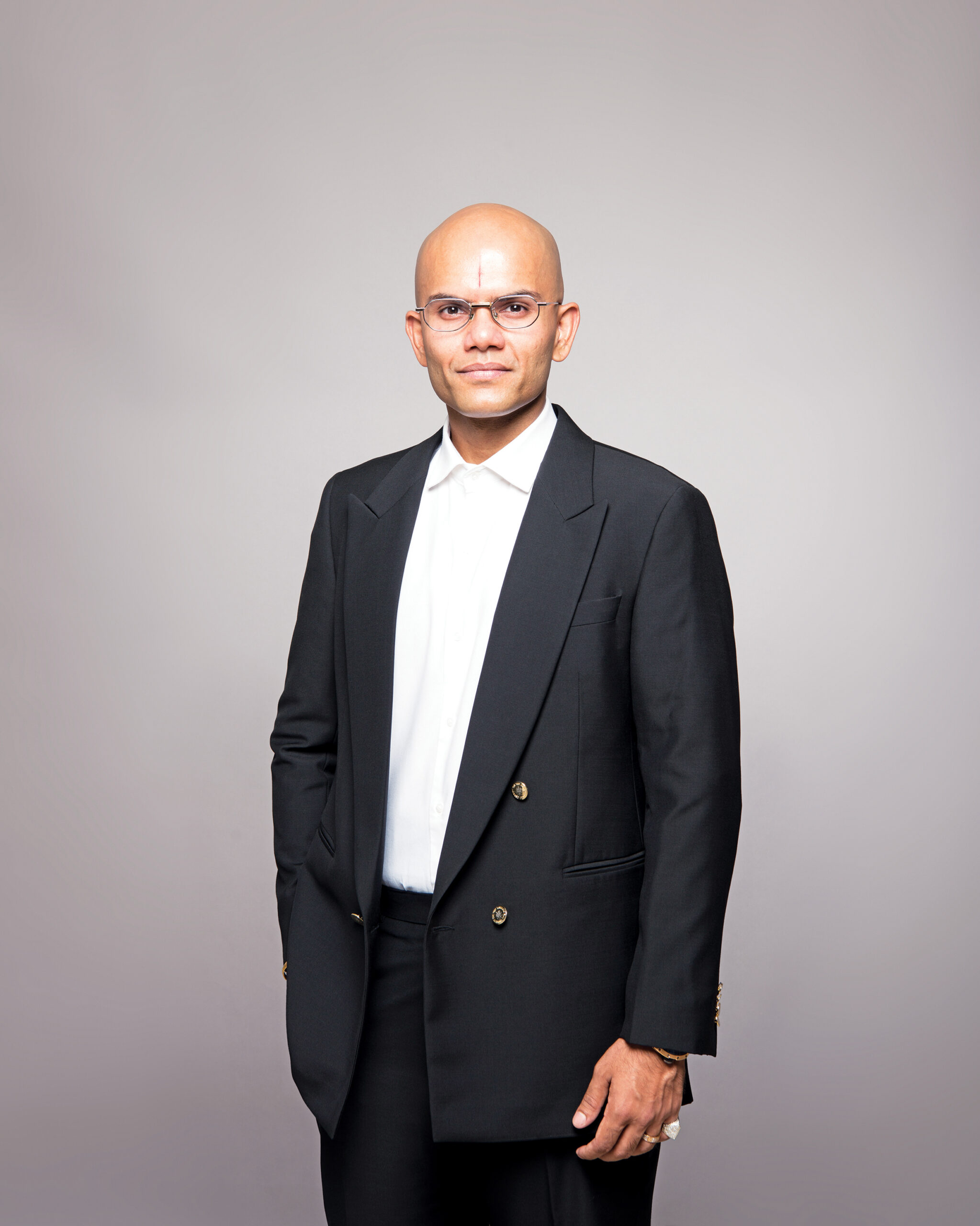
Varun Jain, Founder and CEO of Smoke Lab, explained how their premium events brought the essence of Smoke Lab Vodka to life. “We curated a series of events that embodied our brand ethos, from art-infused cocktail evenings to sensory experiences like Smoke Lab Nights, where guests explored our vodka variants paired with music, visuals, and gourmet cuisine. Collaborations with leading mixologists, chefs, and lifestyle brands helped us to deliver unique experiences,” he stated.
He also highlighted partnerships with sustainable fashion and design brands to reflect Smoke Lab Vodka’s commitment to modern luxury and environmental responsibility. “To enhance exclusivity, we introduced limited-edition bottles featuring bespoke packaging inspired by contemporary art and design. These bottles were accompanied by curated tasting notes and recipes, encouraging consumers to celebrate with elegance and creativity,” Jain added.
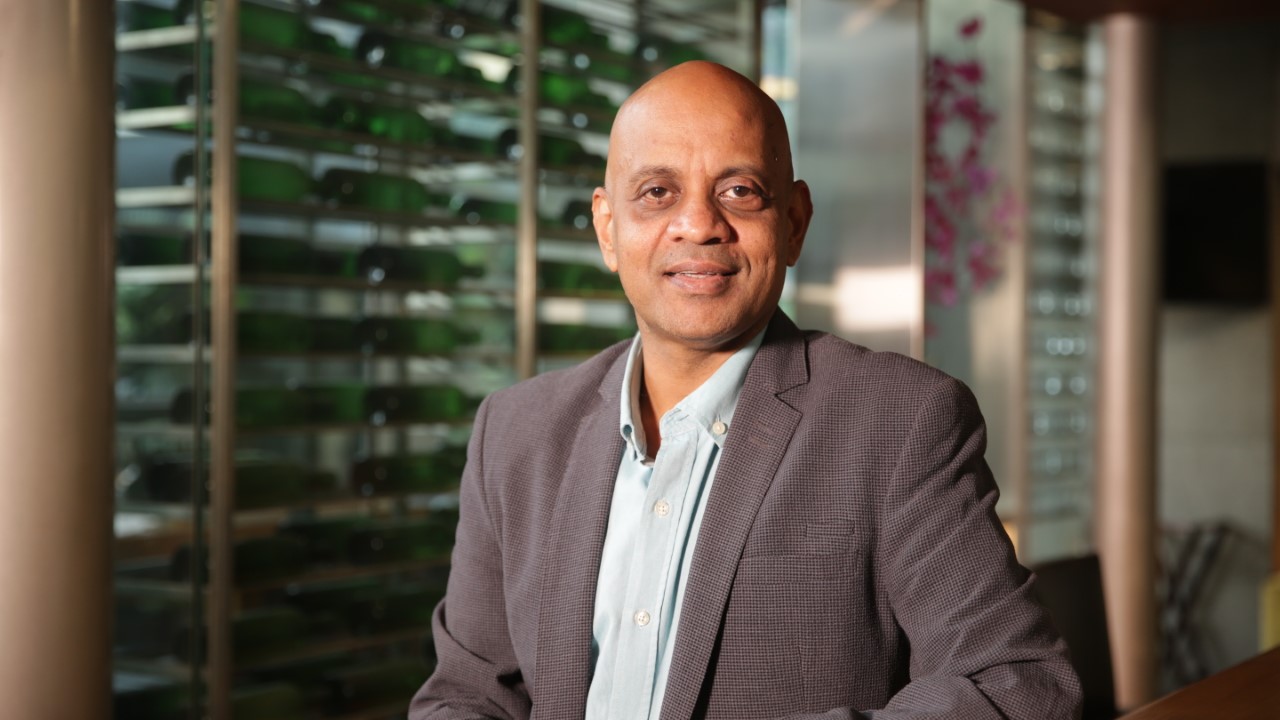
Vikram Achanta, Founder & CEO of Tulleeho and Co-Founder of 30BestBarsIndia and India Bartender Week, shared his perspective on the growing importance of experiential drinking. “Experiential events have become a central aspect of consumer engagement, offering meaningful opportunities to connect with the beverage community. This year, Tulleeho participated in marquee events like ProWine, Bar Convent Berlin (BCB), and exclusive masterclasses highlighting Sake, among others,” he noted.
Achanta also underlined the growing popularity of travel-inspired events, with consumers seeking pop-ups and bar takeovers by world-renowned establishments. “The recent takeover by Handshake Speakeasy, crowned the world’s #1 bar in 2024, in Jaipur is a prime example. We anticipate immersive drinking experiences gaining even more momentum in 2025. To prepare for this, we are exploring new opportunities, including events with Tulleeho Tequila Club,” he added.
Challenges and Adaptation
Despite the successes, the alcobev industry faced significant hurdles. Mounting raw material costs, supply chain disruptions, and regulatory changes created obstacles that required companies to remain agile and innovative.
Bhargava outlined these challenges, saying, “We faced price pressures due to intensifying costs, logistical delays in obtaining permits, and changing excise policies. Adapting to these circumstances demanded a proactive approach and collaboration across teams to ensure smooth operations.”
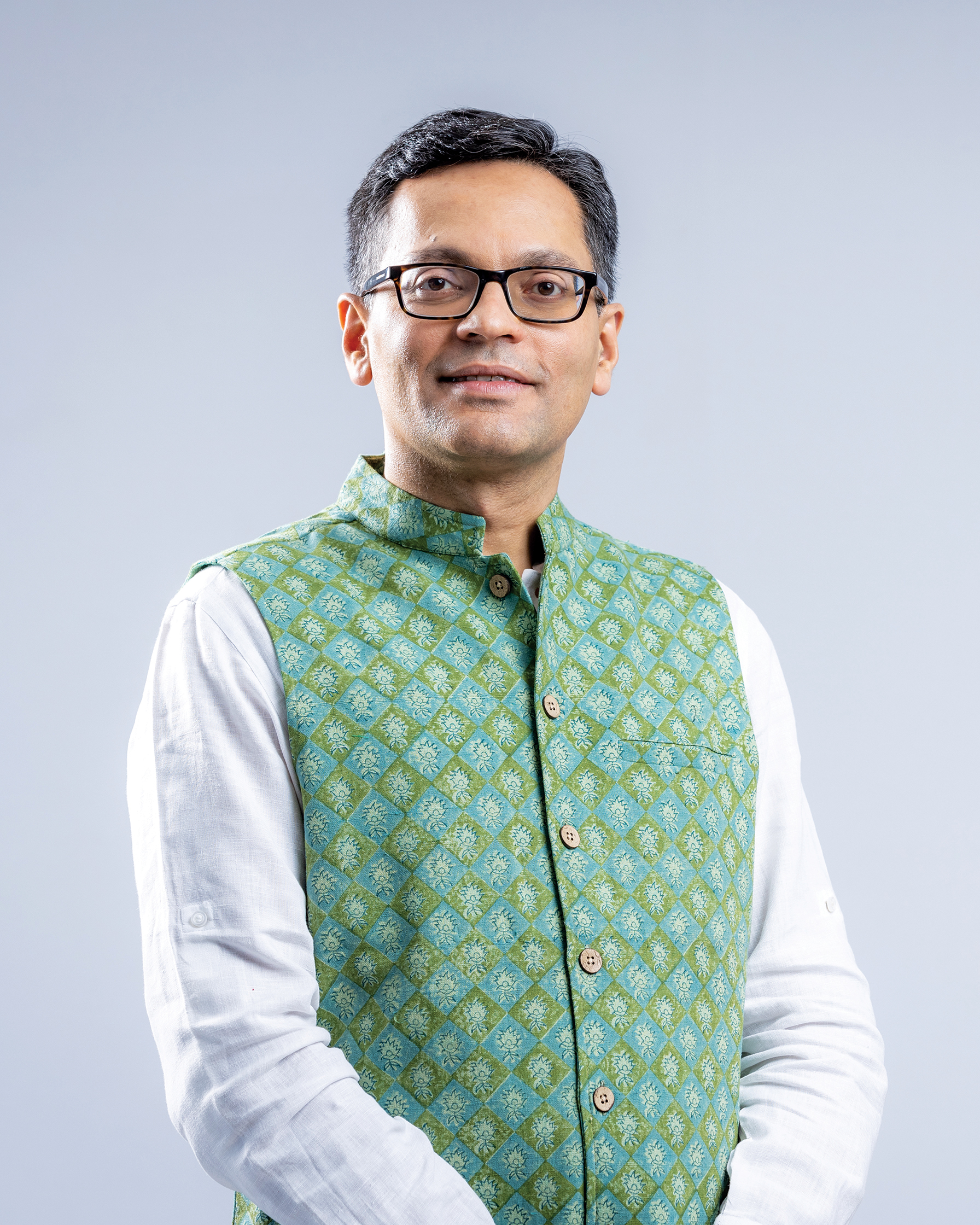
Adding his perspective, Amit Dahanukar, Chairman and Managing Director of Tilaknagar Industries Ltd., reflected on the complexities of managing these challenges while launching a new premium offering. “As leaders in the brandy category, we recognised the need to elevate its perception. This led to the launch of Monarch Legacy Edition, our first luxury brandy, in November 2024, aimed at redefining the category and spotlighting the depth and complexity of brandy. However, navigating volatile commodity prices, particularly ENA and packaging materials, was a major obstacle. We overcame this by strengthening our asset-light model, ensuring robust cash flows, and focussing on premiumisation to improve margins. Agility and staying attuned to consumer needs allowed us to turn challenges into opportunities,” he mentioned.
Nevertheless, the industry’s resilience shone through as brands implemented strategic solutions to navigate these difficulties. Investments in technology and sustainable practices helped mitigate challenges, ensuring continued growth.
Urban and Rural Synergies
As the alcobev sector looks ahead, balancing urban sophistication with rural potential has become a critical focus. While metropolitan regions continue to demand premium products, rural areas present untouched opportunities for growth through tailored offerings and localised strategies.
Bhargava described Proost’s approach to addressing this divide. “In cities like Delhi and Gurgaon, we are concentrating on launching lagers that cater to refined tastes. For rural markets, the weight is on deeper penetration and affordable products that resonate with local preferences,” he shared.
Simba Beer and ZigZag Vodka, co-founded by Ishwaraj Singh Bhatia, are also pursuing a dual-market strategy. “Rural and urban audiences require distinct approaches. By combining innovation with eco-conscious practices, we’re catering to the needs of both markets effectively. Plans are underway to introduce new flavours and experiences that further immerse consumers in our vibrant world,” Bhatia noted.
Future Outlook
Looking ahead to 2025, the alcobev industry is poised for further growth, with estimates suggesting a valuation of $60 billion and annual sales exceeding 1.2 billion cases. The focus on innovation, sustainability, and health-conscious options is expected to drive this expansion.
Jain shared his company’s plans for the upcoming year. “We are introducing vodka flavours inspired by regional and global culinary influences, launching limited-edition artisanal vodkas aimed at connoisseurs who value exclusivity, and enhancing our presence in emerging markets like Europe, Australia, Asia, and Latin America. We will also strengthen our reach in established regions such as the U.S. and the Middle East by forming partnerships with premium distributors,” he said.
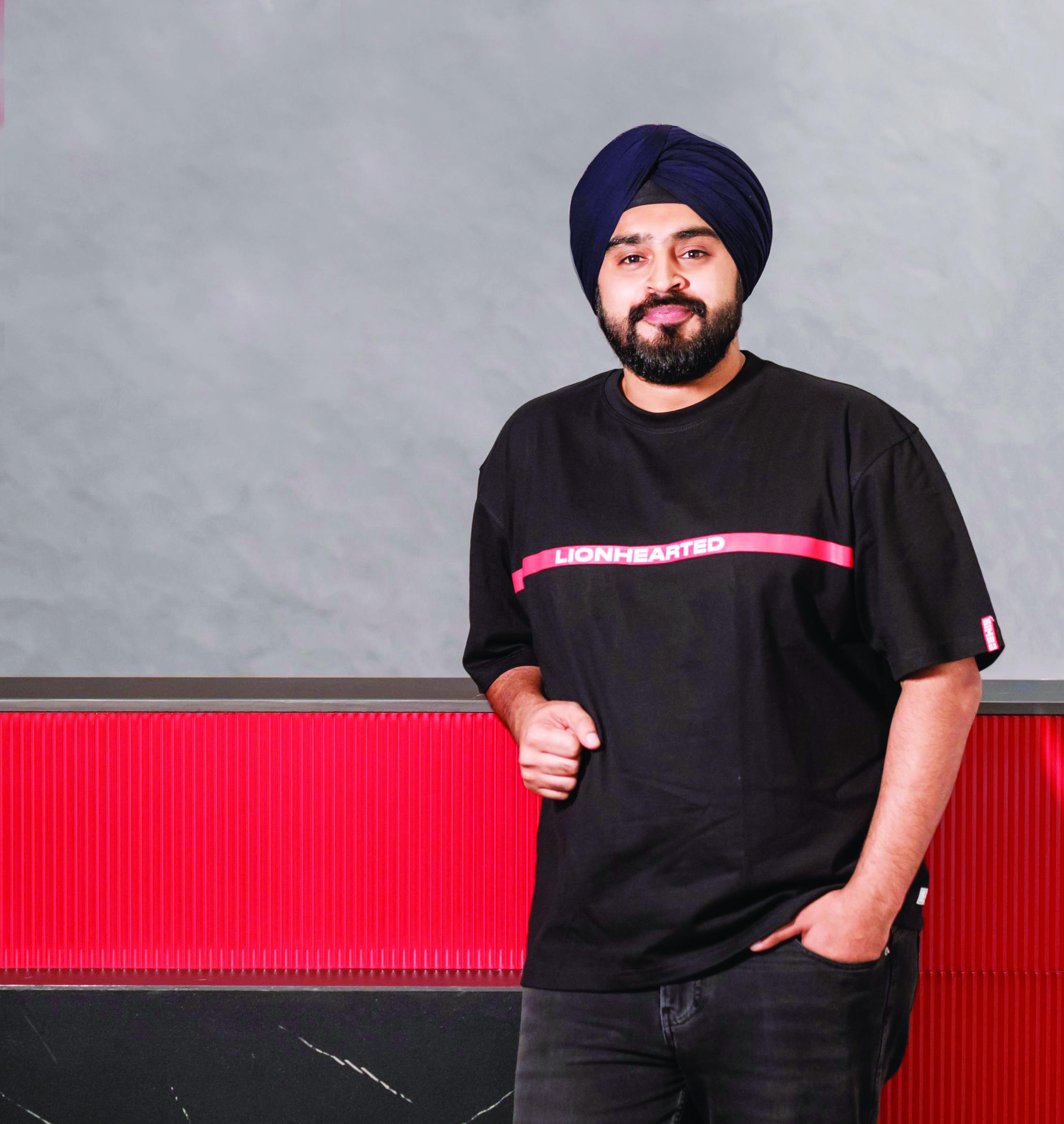
Bhatia accentuated the importance of aligning with evolving trends. “We foresee 2025 as a year of experiential consumption, eco-friendly practices, and personalised premium offerings. At ZigZag, we will focus on creating immersive brand experiences, implementing sustainable methods, and collaborating with mixologists to craft innovative, trend-driven products that resonate with today’s consumers,” he conveyed.
Damodaran pointed to two critical trends expected to shape the future of the alcobev industry. “Affluent consumers are seeking bespoke, exclusive experiences, while younger demographics are driving the demand for low- and no-alcohol options,” he observed.
Damodaran also talked about plans for Indian craft spirits. “We are closing 2024 on a high note with Godawan’s entry into the UK market. In 2025, we aim to build on this momentum through The Good Craft Co.,” he added.
Tilaknagar Industries Ltd. has ambitious goals for the year, particularly in the brandy segment. “In 2025, our aim is to increase brandy’s ‘share of voice’ in the market,” stated Dahanukar. “Following the launch of our luxury brandy and whisky portfolio, we plan to drive further marketing investments. Monarch, in particular, has already seen strong pre-order interest from export markets in Asia and the Middle East, and we intend to deepen our reach in southern India. Alongside this, we are preparing to expand our portfolio across both local and international markets,” he informed.
As the industry evolves, driving change and nurturing creativity will remain essential for long-term success.


